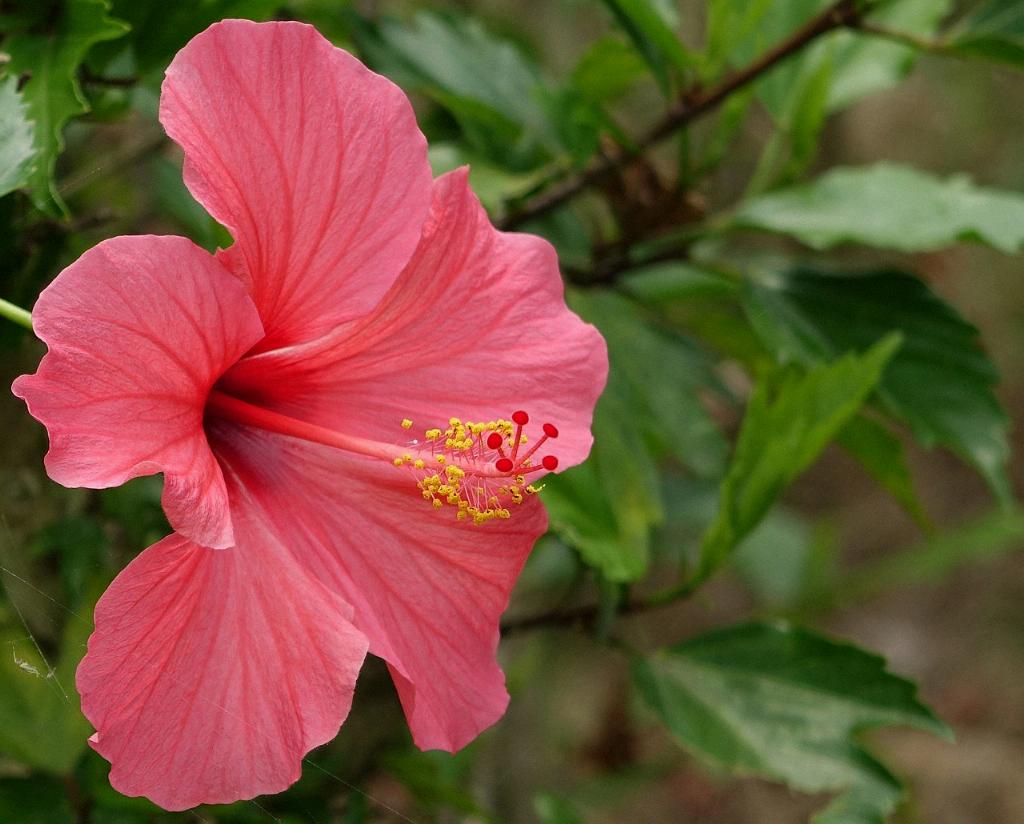Hibiscus, a vibrant and versatile plant known for its beautiful flowers, has been cherished for centuries in different cultures around the world. With over 200 species, hibiscus plants can be found in various regions, bringing color and charm to gardens and landscapes. The plant’s diverse uses extend beyond aesthetics, as hibiscus is also valued for its potential health benefits.
When it comes to pregnancy, understanding the implications of consuming hibiscus is crucial. While this plant offers certain advantages, there are risks and concerns associated with its use during pregnancy that need to be carefully considered.
Health Benefits of Hibiscus
Consuming hibiscus is believed to offer several health benefits. Rich in antioxidants and vitamin C, hibiscus tea is reputed for its potential to support cardiovascular health, aid in digestion, and promote overall well-being. However, pregnant women need to be aware of the specific effects of hibiscus on pregnancy.
It is essential to note that hibiscus contains phytoestrogens, which can have an impact on hormonal balance. For pregnant individuals, these compounds could potentially trigger complications such as preterm labor. Considering this, caution is advised when considering the consumption of hibiscus during pregnancy.
Risks and Concerns
While hibiscus has its share of health benefits, the risks associated with its consumption during pregnancy are paramount. The presence of phytoestrogens in hibiscus tea raises concerns about its impact on hormonal activity, which could pose risks to the developing fetus.
Before incorporating hibiscus into their diet, pregnant individuals should consult with healthcare professionals to assess any potential risks. It is advisable to err on the side of caution and opt for pregnancy-safe alternatives to hibiscus tea to mitigate any possible complications.
Expert Opinions and Studies
Experts in the field highlight the need for pregnant individuals to exercise caution when it comes to consuming hibiscus. While more research is needed to fully understand the effects of hibiscus on pregnancy, current evidence suggests that pregnant women should avoid hibiscus tea or products containing hibiscus due to the risks involved.
Research studies have indicated a correlation between hibiscus consumption and adverse pregnancy outcomes, reinforcing the importance of informed decision-making regarding its use during pregnancy.

Conclusion
In conclusion, the question of whether hibiscus is good for pregnancy requires careful consideration. While hibiscus offers health benefits, the potential risks associated with its consumption during pregnancy, particularly concerning phytoestrogens, cannot be overlooked.
Pregnant individuals are advised to prioritize their health and the well-being of their baby by avoiding hibiscus tea during pregnancy. Consulting healthcare providers and exploring pregnancy-safe alternatives are essential steps to ensure a healthy and safe pregnancy journey.
